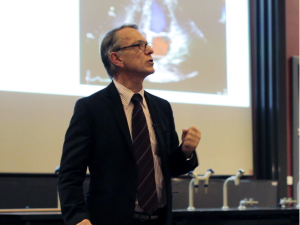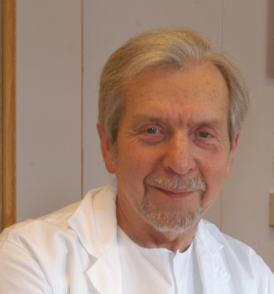Greater hand grip strength is associated with greater probability of healthier aging and living longer. The explanation for this positive association may be, in part, the action of proteins in the blood circulation. In particular, proteins that affect inflammation and immunity responses may be at work. One of the leading proteins positively associated with the chance for a longer and healthier life is Selenoprotein P (SELENOP) [Liu 2025].

SELENOP is known to be the primary transporter of selenium in the blood. It carries selenium in the form of selenocysteine from the liver to the body’s tissues and organs. In times of scarcity of selenium, SELENOP distributes the selenium in a hierarchical priority manner. The brain and the testes and the thyroid gland are high-priority recipients of selenium [Schomburg 2022].









